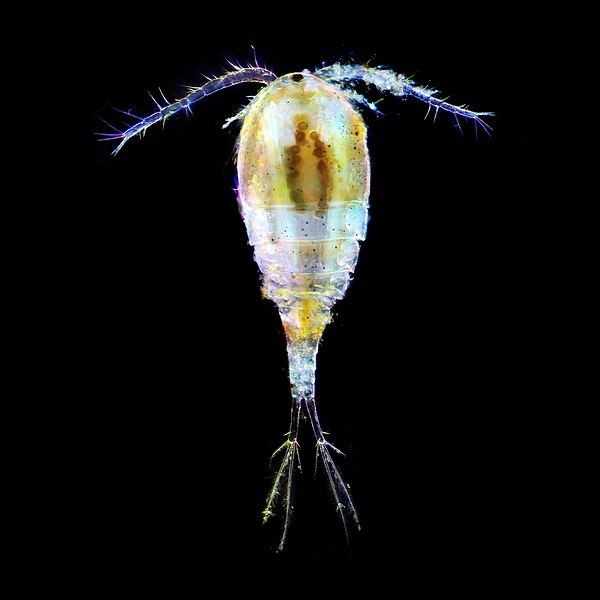The world’s oceans are becoming increasingly stressful places for marine life, and experts are working to understand what this means for the future. From rising temperatures; to acidification as more carbon enters the waters; to changes in the currents; the challenges are multifaceted, making experiments and projections difficult.
Copepods are small marine animals that are abundant, widely dispersed, and serve as major structural components of the ocean’s food web. A team of scientists from the University of Connecticut, Jinan University in China, and the University of Vermont have found that a species of copepod called Acartia tonsa can cope with climate change, but at a price. Their research was published today in Nature Climate Change.
“We have this problem of climate change and in the ocean, it is a multi-dimensional problem because it’s not just the warming, the ocean is becoming more acidic where pH is going down as we pump more CO2, into the atmosphere. Organisms need to cope, they are under more stress, and things are happening very fast,” says Hans Dam, UConn professor of marine sciences.
Read more at University of Connecticut
Photo Credit: Andrei Savitsky via Wikimedia Commons


